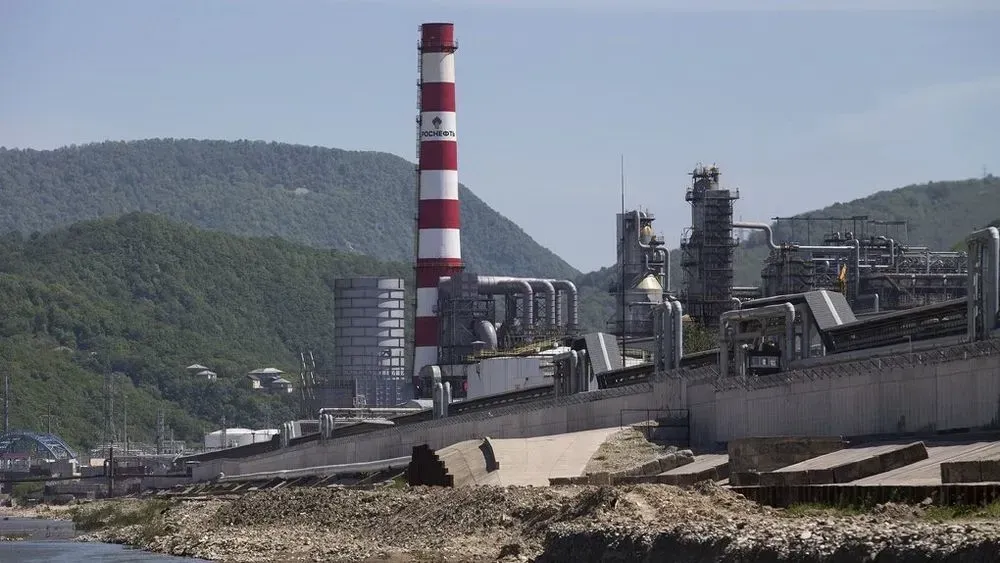Kremlin’s oil revenues drop by nearly 33% — but Trump’s sanctions threaten even more pain

Russia is losing petrodollars. In July 2025, Russia suffered a significant financial blow: oil-related budget revenues dropped by nearly 33% compared to the previous year, according to Bloomberg.
A official Russian Finance Ministry says that the country collected only $8.9 billion in oil-related taxes. Combined oil and gas revenues fell by 27%.
Price spike didn’t save profits from falling
Despite a short-term 71% increase in the price of Russian export oil in July, the first such jump in five months, petrodollars flowing into the budget declined. Global crude prices spiked sharply at that time due to warfare in the Middle East.
Benchmark oil prices, however, have dropped year-on-year, as Trump’s trade policies threaten to slow the global economy while OPEC+ ramps up production faster than expected.
The strengthening of the ruble also contributed to lower revenues, as revaluation means oil companies receive fewer rubles per barrel they pump and sell. In June, the ruble hit its strongest exchange rate in two years: 78.71 per dollar. This means oil and gas companies earn less in rubles for exports. In 2024, they earned 6,127 rubles per barrel, now only 4,711.
Subsidies slashed as budget runs short
However, lower global prices for crude and refined oil products have allowed the government to cut subsidies paid to Russian refineries.
These subsidies partially compensate for the price difference between domestic and export fuel, aiming to boost domestic gasoline and diesel supply. In July, the budget allocated 58% less for this purpose compared to the previous year.
Read also
-
Ukraine’s Intelligence: Explosion disables Russian shadow fleet tanker, carrying 1 million barrels of sanctioned oil
-
Peace talks haven’t even started — and Russia has already responded to them with missiles, says French foreign minister at subway attack site in Kyiv
-
HUR: West still has not sanctioned 70 Russian companies behind production of missiles that struck Kyiv’s largest children’s cancer hospital year ago